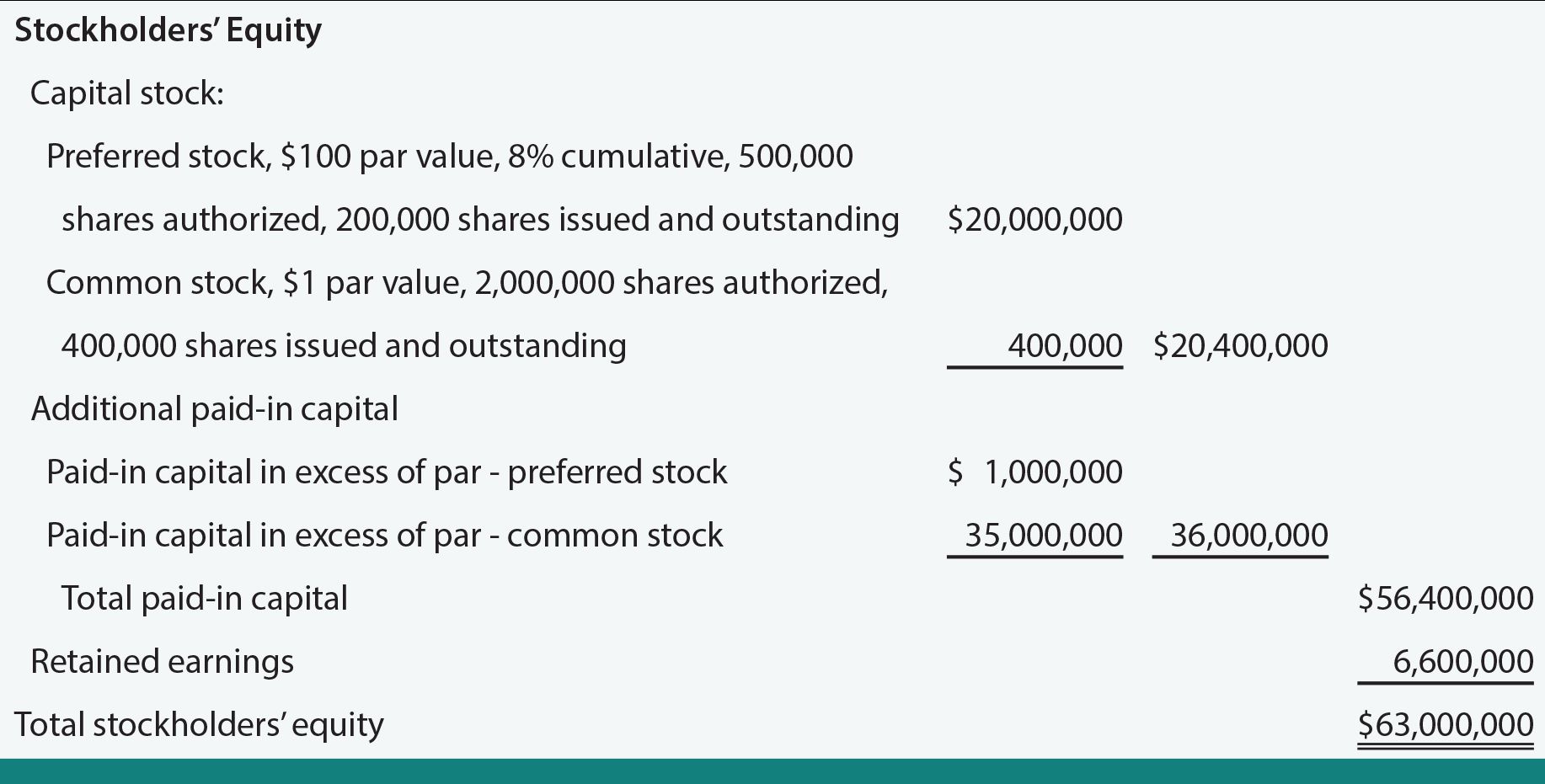

Finance
Surrender Rights Definition
Published: February 4, 2024
Discover the meaning of surrender rights in finance and how it affects your financial decisions. Gain insights into the implications and considerations involved.
(Many of the links in this article redirect to a specific reviewed product. Your purchase of these products through affiliate links helps to generate commission for LiveWell, at no extra cost. Learn more)
The Surrender Rights Definition: Understanding Your Financial Options
When it comes to navigating the complexities of personal finance, understanding the different terms and concepts can often feel like a daunting task. One such term that you may have come across in your financial journey is “surrender rights.” In this blog post, we will delve into the surrender rights definition and discuss its relevance in personal finance.
Key Takeaways:
- Surrender rights are contractual provisions that allow individuals to cancel or terminate certain financial contracts or agreements before their maturity date.
- To exercise surrender rights, individuals may be required to pay surrender charges or fees, and they should also consider the potential tax implications of such actions.
So, what exactly do surrender rights mean? In simple terms, surrender rights are contractual provisions that allow individuals to cancel or terminate certain financial contracts or agreements before their stated maturity date. These provisions provide individuals with the flexibility to exit certain financial commitments if they deem it necessary or beneficial for their financial well-being.
When surrendering a financial contract, individuals may be required to pay surrender charges or fees. These charges are imposed by the financial institution to compensate for any costs or loss incurred due to the early termination of the contract. It’s essential to review the terms and conditions of any financial agreement to understand the potential surrender charges before making a decision.
Furthermore, individuals should consider the potential tax implications of exercising surrender rights. Depending on the type of financial product and individual circumstances, surrendering a contract may result in taxable events, such as capital gains or early withdrawal penalties. Seeking advice from a qualified tax professional can help individuals make informed decisions while considering their overall tax strategy.
Now that you have a clearer understanding of the surrender rights definition, you may be wondering how surrender rights can be applied in real-life financial scenarios. Here are a few examples:
- Life Insurance Policies: Some life insurance policies come with surrender rights, allowing policyholders to surrender their policies and receive the cash surrender value before the specified maturity date.
- Annuities: Annuity contracts often include surrender rights, enabling individuals to withdraw funds from the annuity before it reaches its maturity date. However, surrendering an annuity may result in surrender charges.
- Investment Funds: Certain mutual funds or investment accounts may come with surrender rights, giving investors the option to liquidate their holdings and receive their investment proceeds before the stated maturity date.
It’s important to note that surrender rights may vary depending on the specific financial product and the terms agreed upon in the contract. Read the fine print carefully and consult with a financial advisor to understand the implications and potential consequences of exercising surrender rights.
In conclusion, understanding the surrender rights definition is crucial for any individual navigating the world of personal finance. By knowing your options and considering the potential costs and implications, you can make informed decisions that align with your financial goals. Remember to consult with professionals in the field to ensure you are making the best choice for your unique circumstances.














